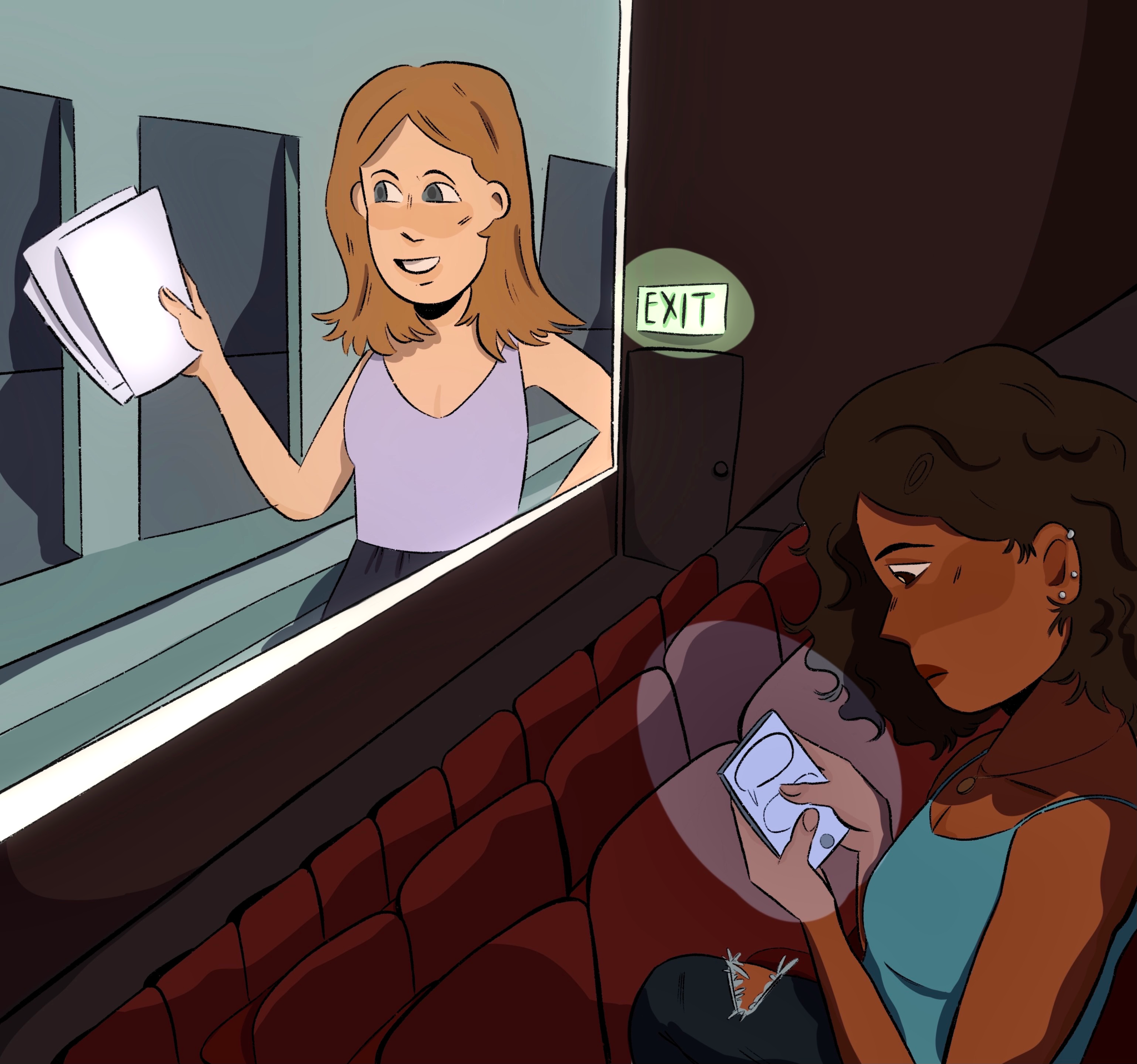What is this Gen-Z Humor? Contrary to what you might think, Gen-Z Humor is not what young people find funny; it is better described as what adults think young people find funny. References like, “What’s Gucci?”, from The Kissing Booth, the Snapchat Dog Filter from Ginny and Georgia, and “That’s hella sus” from Outer Banks are all examples of Gen-Z references that are meant to be relatable and offer some comedic relief, but just don’t resonate with viewers at all.
There has been growing criticism of the dumpster fire teen dramedies whose attempts at relatability give you a most uncomfortable wave of secondhand embarrassment. Shows and movies like The Kissing Booth, Never Have I Ever and the Gossip Girl reboot all have extremely cringe-worthy moments that underline how out of touch the writers of the show are with any real young people. Many shows don’t try to create new elements of pop culture; rather, they just incorporate dismal references to try to appeal to their audience of ‘Gen-Zers’.
The phenomenon of this painful genre of comedy stems from social media platforms like TikTok and Instagram, because pop culture is constantly changing. What’s considered “trendy” fluctuates weekly. By the time adults become aware of popular lingo or practices, they tend to have already become corny and overused. Even if a reference is all the rage when written into a script, by the time the show actually comes out — which can be about a year later — it will inevitably no longer be relevant.
All things considered, this humor tactic highlights the inauthenticity of teenage representation onscreen and should be disqualified from television in the future. We need more shows and movies to take the initiative in creating original content that sets trends, and that represent teens accurately. A few shows that portray teens (relatively) accurately are Grand Army, Sex Education, and Generation. These three shows tackle issues and situations that are authentic, and don’t rely on bad catchphrases to establish a connection with the viewer because the content speaks for itself. Sex Education is a prime example of a very funny show that never has the lazy writing that results in the inauthentic Gen-Z Humor; it is clear that the show’s focus is to tell a story that is universally funny, and not just trying to artificially attract a young audience.
Gen-Z Humor is a product of lazy writing in that writers who use it are defaulting to superficiality, rather than actually building situations that are both humorous and pertinent to their desired viewers. Some examples of shows that set trends for teens instead of trying, and failing, to follow them are Euphoria, Gossip Girl and Rick and Morty. Their content is creative and additive to pop culture, instead of just regurgitating it through outdated references. Ultimately, if a show must contrive relatability to teenagers through cringey Gen-Z Humor, then it is not legitimately truthful to teenage life.





